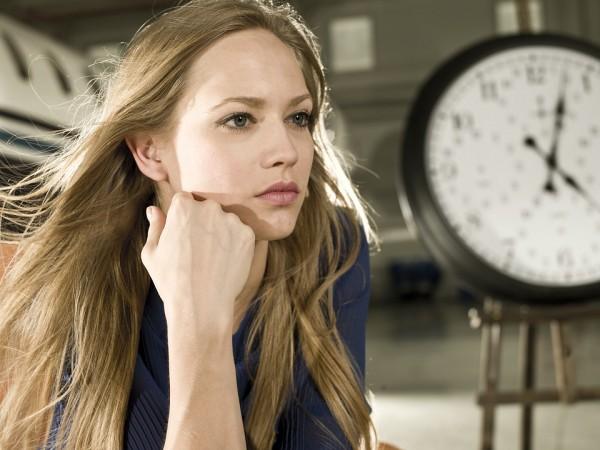
Women not having a vagina, womb, and cervix is something we hardly hear about. But it is a real medical condition found in around one in every 5,000 women. People with Rokitansky syndrome have normally functioning ovaries and experience signs of puberty as well, but cannot conceive or have periods.
The syndrome which is also known as MRKH (Mayer Rokitansky Küster Hauser) made headlines after a Canada woman suffering from it came forward to share her experience.
The 23-year-old Briana Fletcher from Nova Scotia in Canada was born with two-thirds of her vagina missing. She spoke about the difficulties she encounters in her daily life. She told Daily Mail: "My ex-accepted it but liked to use it against me and say I wasn't a real woman."
"But I know I'm a woman whether I have a period or not, so his comments – although rude – weren't really an issue," she added. With this condition, sex is something that's possible for her but is 'challenging'.
For the outside, it seems like she doesn't have any problem but in reality, her uterus and two-thirds of her vaginal canal is missing. Fletcher realized about her condition when she didn't start menstruating during puberty and visited a doctor regarding it.
"I didn't really feel any different. It was a bit odd when someone would ask me for a tampon or pad at school but I just said I didn't have any on me. It didn't really bother me," she revealed.
"Then over time, we investigated more, until I had ultrasounds and MRIs to confirm the absence of my uterus when I was 16," Fletcher further added. "My gynecologist at the time had never even seen a case before."
She explained: "I spent a lot of time researching online after I was diagnosed but I couldn't find anything either aside from doctor notations and PDF files."
Speaking about her sex life with her fiancé Erik Meaney, she said: "I find using lube and taking our time makes intercourse more pleasurable."

















